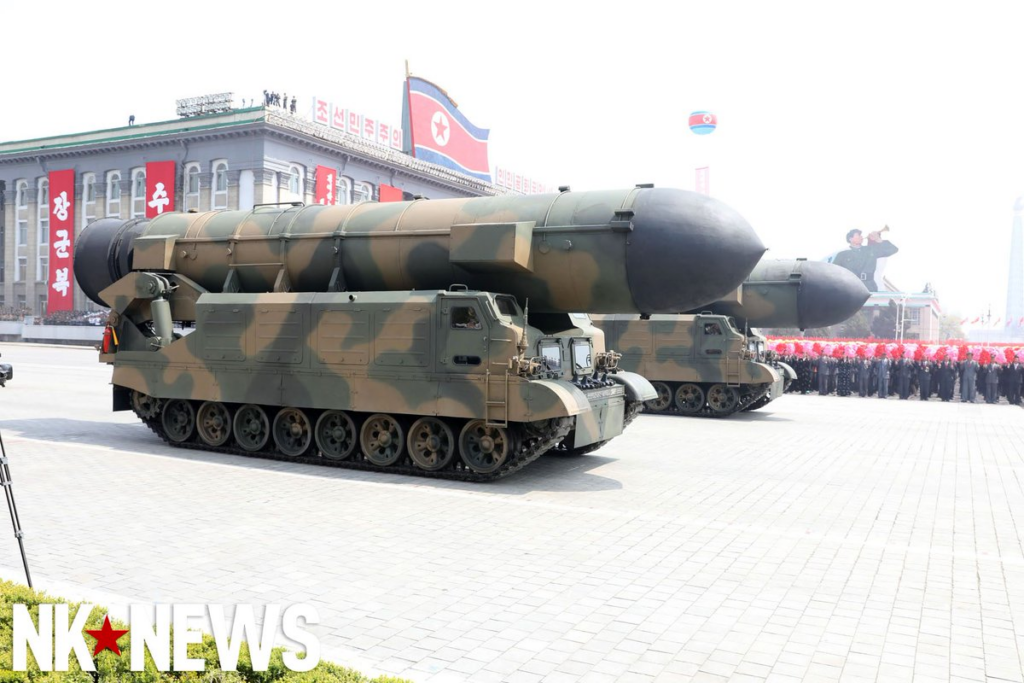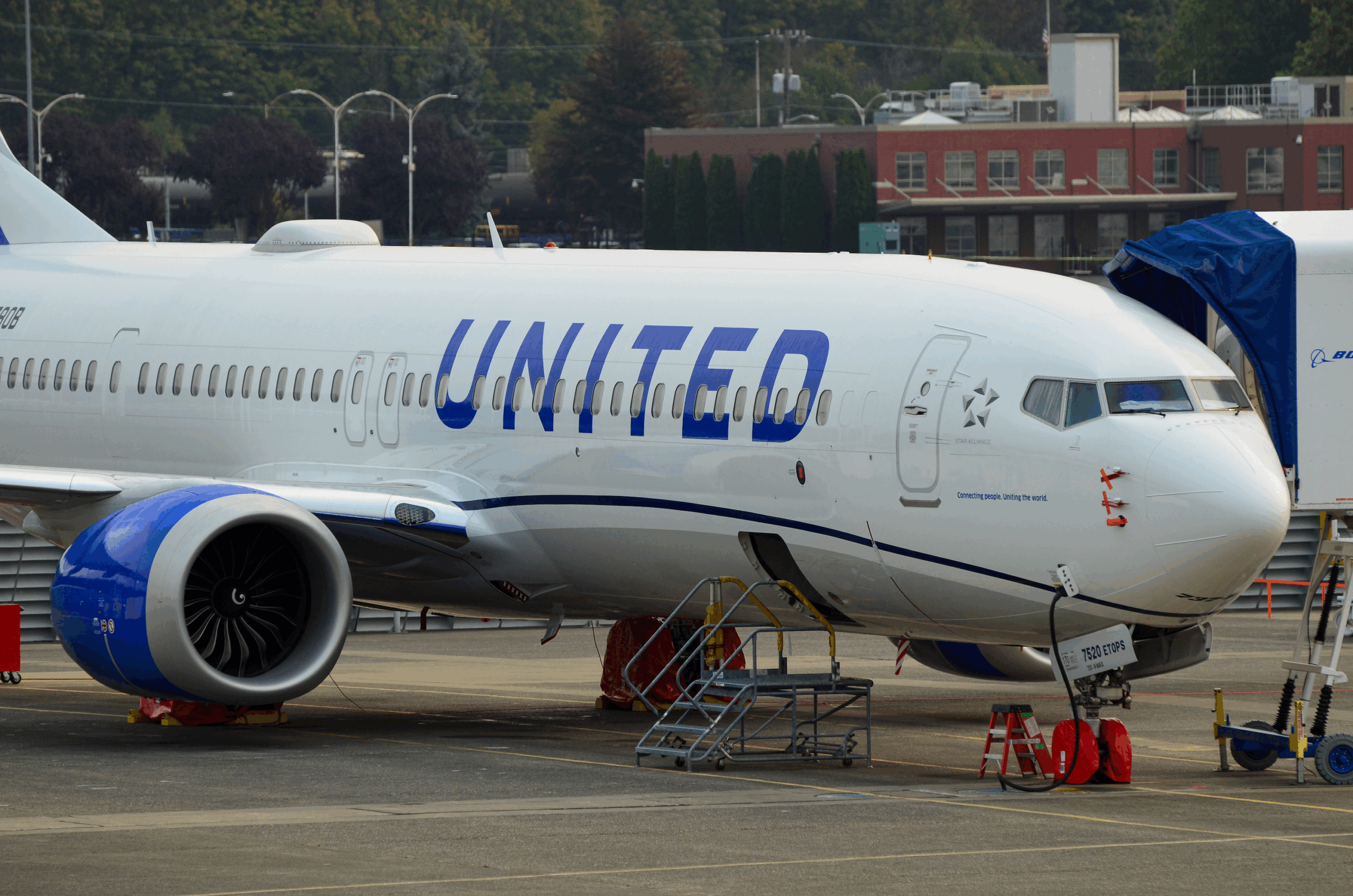Implications for International Relations
Recent sightings of North Korean military equipment traveling through Russian territory have sparked growing concerns among defense analysts. The images, which surfaced on social media platforms, show what appear to be North Korean M1989 Koksan self-propelled howitzers, along with possible ballistic missile launchers. The implications of these sightings, if confirmed, could represent a significant shift in military alliances, particularly between Pyongyang and Moscow.

North Korean M1989 Koksan self-propelled howitzers
Uncertainty Over the Equipment’s Identity
The equipment seen in the footage includes long-range self-propelled howitzers and what some observers believe to be ballistic missile launchers. The M1989 Koksan howitzers are known for their impressive range and firepower. Meanwhile, the missile launchers are speculated to be related to the Pukguksong-2 Intermediate-Range Ballistic Missiles (IRBM), also known as the KN-15 or Polar Star-2. These missiles are capable of striking targets up to 1,500 kilometers away, with some estimates suggesting a maximum range of 2,000 kilometers.
However, the images are of poor quality, making it difficult to confirm the exact identity of the systems involved. The lack of clear evidence has led to considerable uncertainty among experts. “It is important to approach these images with caution,” said Dr. Maria Sokolova, a military analyst at the Institute of Global Security. “The low resolution and limited duration of the footage make it difficult to ascertain the true nature of the hardware.”
Speculation and Geopolitical Implications
If these sightings are accurate, they could signal a deeper military cooperation between North Korea and Russia. This is particularly significant given the ongoing tensions in Ukraine and other regions where Russia has sought new alliances. The movement of North Korean military hardware into Russian territory could serve to strengthen Moscow’s military capabilities, especially as it faces growing international sanctions and condemnation.
The possibility of such cooperation comes at a time when Russia has made public statements about its desire to find alternative partners to bypass sanctions. Russia’s expanding military ties with North Korea would not only provide Moscow with new sources of weaponry but could also enable North Korea to further circumvent the international sanctions imposed on it by the United Nations.
While official statements from both Moscow and Pyongyang have been scarce, the sighting of North Korean weapons systems in Russia is fueling speculation about the nature of their collaboration. Analysts have pointed out that this development could have significant consequences for regional security, especially in Northeast Asia and Eastern Europe.

Pukguksong-2 medium-range or intermediate-range ballistic missile
Sanctions and International Law
The sighting of North Korean military hardware in Russia raises serious questions about the effectiveness of international sanctions. North Korea has long been under heavy sanctions due to its nuclear weapons program and ballistic missile tests. If the transfer of military equipment between North Korea and Russia is confirmed, it could be viewed as a violation of UN Security Council resolutions, which prohibit the transfer of weapons to and from North Korea.
The United States and its allies have already expressed concern over Russia’s increasing willingness to partner with countries like North Korea, Iran, and others that are subject to international sanctions. “This could be seen as a direct challenge to the international sanctions regime,” said one observer on social media. “It’s a dangerous signal that Russia is willing to embrace these pariah states in defiance of the global community.”
Despite these concerns, there has been little official commentary from the Russian or North Korean governments. Moscow’s silence on the matter is consistent with its usual policy of withholding information on sensitive military issues. North Korea has similarly avoided commenting on the reported sightings.
The Broader Geopolitical Context
The potential for increased military cooperation between North Korea and Russia comes at a time of heightened global tensions. Both countries have been increasingly isolated from the West, with Russia facing condemnation for its invasion of Ukraine and North Korea continuing its nuclear and missile tests. The two nations may find common ground in their shared interests of challenging Western influence and resisting international pressure.
The growing alliance between Russia and North Korea could have far-reaching implications for the balance of power in Northeast Asia. The United States, Japan, and South Korea may view this partnership as a direct threat to their security interests. Similarly, NATO allies in Europe could become increasingly concerned about the military implications of closer ties between Moscow and Pyongyang.
As Russia continues to face sanctions over its actions in Ukraine, it is likely to pursue relationships with countries like North Korea, which are similarly marginalized by the international community. This could signal a shift in the geopolitical landscape, one where traditional alliances are replaced by new, sometimes unconventional, partnerships.
Looking Ahead: A Murky Situation
As of now, the full extent of the military cooperation between Russia and North Korea remains unclear. Analysts will be watching closely for any official statements or further evidence that could shed light on the nature of the partnership. In the absence of clear confirmation, much of the discussion will remain speculative.
The blurry images and social media posts serve as a reminder of the complex, opaque nature of international military relations. With both countries maintaining silence on the issue, it is difficult to discern whether this sighting represents a significant new alliance or a one-time event.
What is clear, however, is that the geopolitical consequences of such a partnership could be profound. Whether it’s a move to bypass sanctions or an effort to bolster military strength, the potential ramifications of closer ties between North Korea and Russia are worth monitoring.
As the situation continues to unfold, the international community will need to carefully assess the implications of any confirmed military cooperation. What is certain is that the presence of North Korean military hardware in Russia is a development that could reshape regional security dynamics, particularly in the context of ongoing global conflicts.
Our Visitor






 Users Today : 249
Users Today : 249


